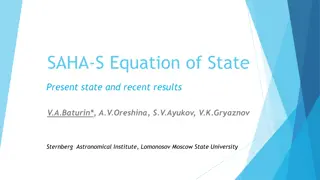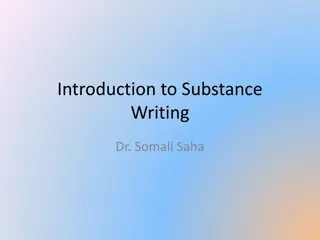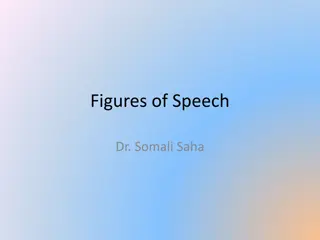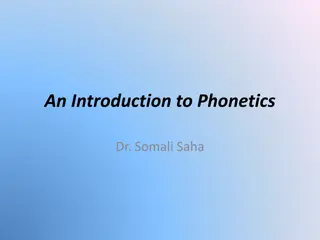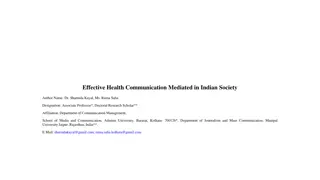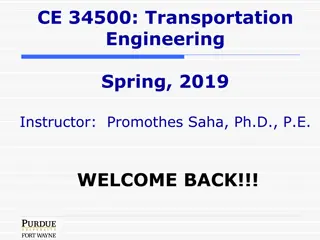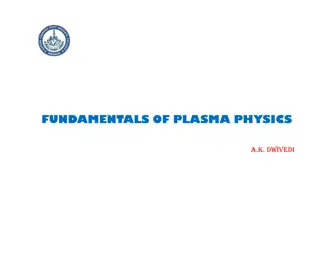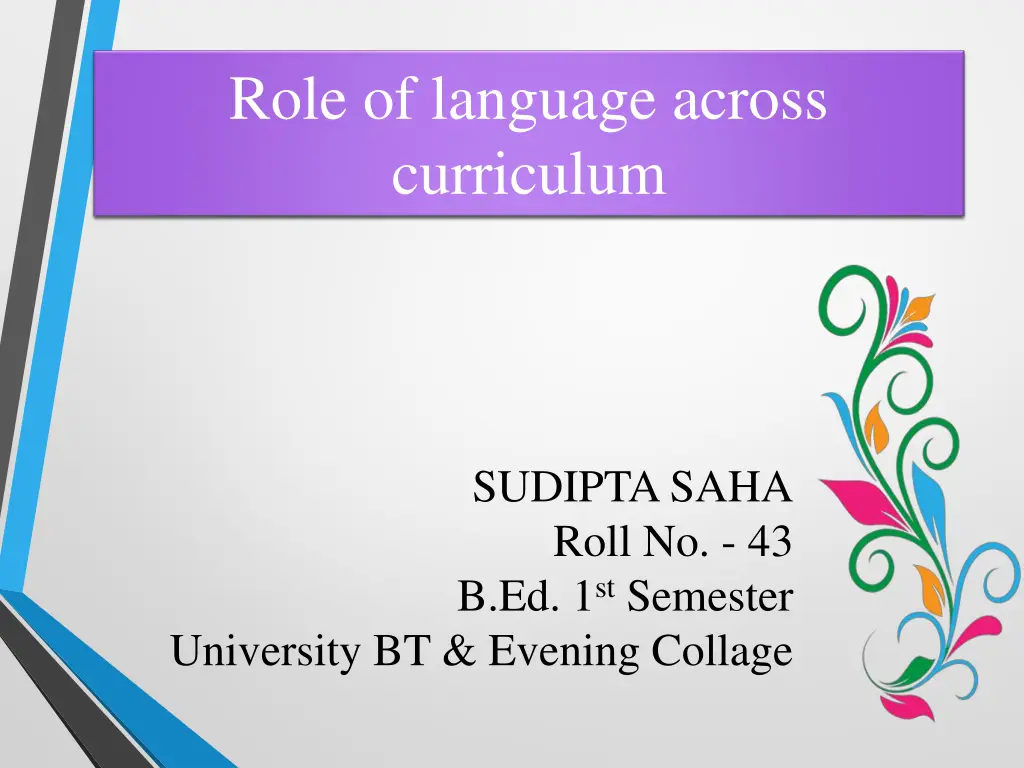
Understanding the Role of Language across the Curriculum
Language across the Curriculum (LAC) emphasizes the integral role language plays in learning within educational settings. It encourages utilizing students' language abilities to enhance engagement and understanding across various subjects. Through purposeful use of language, students can develop critical thinking skills and deepen their knowledge across different disciplines.
Download Presentation

Please find below an Image/Link to download the presentation.
The content on the website is provided AS IS for your information and personal use only. It may not be sold, licensed, or shared on other websites without obtaining consent from the author. If you encounter any issues during the download, it is possible that the publisher has removed the file from their server.
You are allowed to download the files provided on this website for personal or commercial use, subject to the condition that they are used lawfully. All files are the property of their respective owners.
The content on the website is provided AS IS for your information and personal use only. It may not be sold, licensed, or shared on other websites without obtaining consent from the author.
E N D
Presentation Transcript
Role of language across curriculum SUDIPTA SAHA Roll No. - 43 B.Ed. 1st Semester University BT & Evening Collage
Introduction The term Language across the curriculum (LAC) refers to the major educational doctrine that is widely discussed and applied in English speaking countries. LAC highlights the key role that language has in all learning across the curriculum of educational institutions.LAC urges teachers in schools and colleges exploit students language , especially their informal talk and writing , as the key learning resource in the classroom; to create an environment that encourages a wide range of expressive language uses as a medium for learning ; and to promote students active rather than passive engagement with he subject matter of the curriculum.
Definition of curriculum Froebel define as curriculum should be conceived as an epitome of the rounded whole of knowledge and experience of the human race . Modern Definition of curriculum Payne, says that Curriculum consists of all the situations that the schools may select and consciously organize for the purpose of developing the personality of the pupils and making behavior changes in them . NCERT curriculum for the ten year school (1995) , Curriculum maybe regarded as the sum total of all the deliberately planned set of educational experiences provided to the child by the school .
LACS meaning and place: It is possible to identify three chief tents of the doctrine that curriculum and language theorists in general would support. (a)Language develops mainly through its purposeful use: We learn to use language by using language, yet the conventional practices of schools and schooling are often in conflict with this tent of LAC. Some of the modes of language , especially speaking , still receive relatively little purposeful use in formal; education. As a results student language proficiency in this mode may not be available to support high level learning across the curriculum . Even those modes of language that traditionally attract priority in schooling, such as reading and writing, are unfavorably by low emphasis placed on the purposeful use of student talk.
(b)Language often involves and occurs through speaking and writing: Language plays a central role in learning . By engaging in purposeful talking and writing in curriculum areas , students assimilate new concepts . When they listen , talk ,read and write about what they already know. Through talking and writing, language is linked to the thinking process. Language in use becomes a manifestation of the thinking that is taking place. As a result by explaining and expressing their interpretations of new items of learning across the curriculum. Students clarify and increase their knowledge of specialist forms of discourse used in each curriculum area. It follows that schools need to provide an environment in which students are encouraged to use language to explore concepts, to solve problem, to formulate hypotheses and to explain personal ideas.
(C) Language use contributes to cognitive development: The psychological thinkers of 20 th century who have been most interested in student learning , such as Piaget, Vygotsky, have regularly found strong support in their work for this tent of LAC. They share the psychologists conclusion about the importance of verbalization in making consciousness possible and the importance of using language to assimilate new information and make it meaningful. Because the central aim of schooling is to promote learning and cognitive growth and language use is so important for intellectual development. Also Philosophers such as Wittgenstein and Poper have development strong arguments to link language use with high level cognitive development.
LANGUAGE AND LEARNING: James Britton s Language and Learning (1970), which has had such a marked influence on language across the curriculum, beings with a discussion of language as a primary means whereby human beings construct the mental representational of reality that guide their perceptions and action : learning in the most fundamental and global sense. (1) It is only through expressed language that the learner s mental operations and learning process become available for inspection and consideration , by the learner or the teacher. (2) Language across the curriculum theorists share these views of knowledge as essentially personal and subjective, of learning as the process by which the learner actively assimilates, understands and interprets new information and skills , and of language as a major intellectual tool.
Importance of Language across the curriculum The four fundamental component of education are pupil, teacher , curriculum and educational institution. The most important component to complete education process is curriculum. Language across the curriculum seems important because teachers and education experts believe that linguistic performance depends largely on reading (1) Involving every teacher at every class in pupil language proficiency development. (2) Every teacher s initial training should include a substantial course on language, regardless of teachers intended method subject. (3) Whole class as well as the whole institute will be converted into a rich environment for language learning.
References : Language across the curriculum :- Dr. Malayendu Dinda Language across the curriculum :- Prof. (Dr. ) Birbal Saha , Shambhu Nath Majhi Thank You

